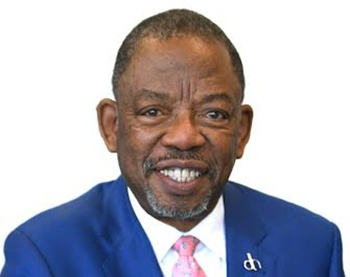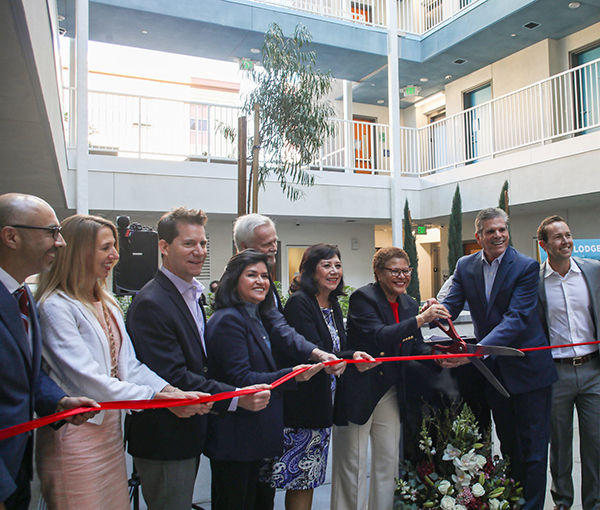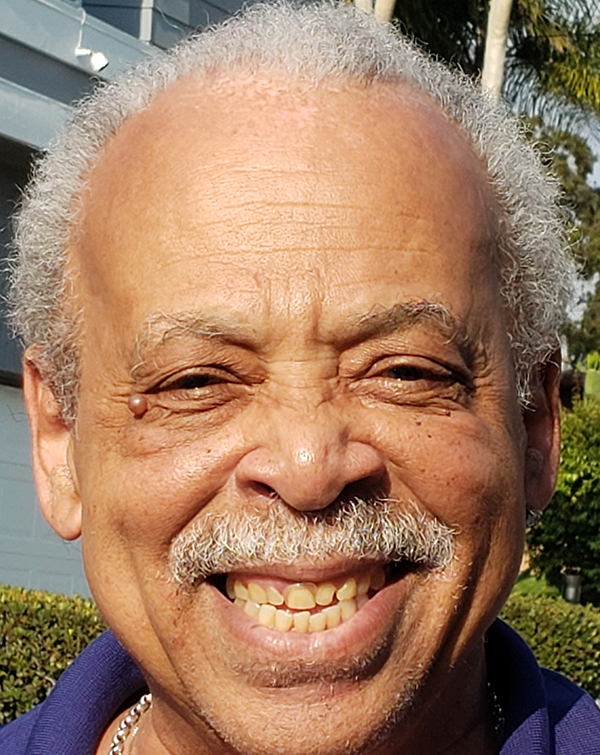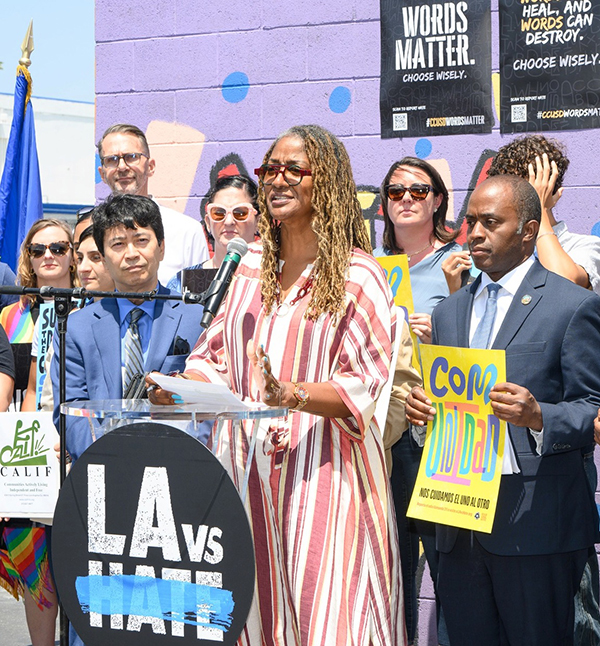Thirty years later, O.J. verdict cost us respect for rule of law

Carl E. Douglas
By Carl E. Douglas
Guest Columnist
Thirty years ago, when the verdict in the O.J. Simpson trial was announced, half the nation exhaled in relief and the other half gasped in disbelief.
I was there, a member of the defense team many dubbed the “Dream Team.” I remember vividly the polarized emotions that followed. But I also remember something else — something we have since lost: a respect for the rule of law.
Back then, as contentious and polarizing as the Simpson case was, our nation’s leadership set a tone of restraint and respect.
President Bill Clinton, who almost certainly disagreed with the jury’s decision, did not attack the jurors, question their intelligence or undermine their legitimacy. He did not label the verdict a miscarriage of justice. He respected the process, and in doing so, set an example for the country.
No one was shot in the streets because of the O.J. verdict. There were no uprisings or riots. There were no political leaders pouring gasoline on the fire of public anger.
People disagreed — strongly — but then they moved on. Our democracy held firm, not because the trial was universally accepted, but because our leaders respected the system and the public followed their lead.
That is what troubles me most about where we are today. The polarization of 1995 pales in comparison to the division we see now. Social media has turned every courtroom into a national battleground and political leaders too often seize upon moments of controversy to inflame, not to calm.
Were the Simpson trial to happen in 2025, I fear the outcome would be far darker. Today, we live in a climate where even former FBI directors are prosecuted in apparent acts of political vindictiveness.
Our leaders denigrate jurors, prosecutors and judges when verdicts or rulings don’t go their way. The rule of law — the bedrock of our democracy — has been dragged into partisan warfare. That should alarm us far more than a single high-profile verdict ever could.
The Simpson case was, in many ways, the perfect storm: race, celebrity, sex and mystery, all wrapped up in a televised spectacle. America couldn’t look away.
We love to see our heroes rise, and perhaps we love even more to watch them fall. That’s why the trial captivated the world. Even so, when the dust settled, Americans accepted the jury’s decision, however grudgingly. Our country was stronger for it.
Thirty years later, I can’t say the same about our democracy. The Simpson verdict tested America’s nerves. But America passed that test. Today, I’m not sure we would.
That, I hope, is what we remember on this anniversary: not just the case itself, but how we as a country responded to it — with respect, with restraint, and with an understanding that our system of justice, imperfect as it is, only works if we all agree to uphold it.
Because if we lose that, we lose far more than any one trial.
Carl E. Douglas is an award-winning civil rights attorney and founding partner of Douglas/Hicks Law who served on O.J. Simpson’s “Dream Team,” helping secure his acquittal in 1995.
LIFTOUT
Our democracy held firm, not because the trial was universally accepted, but because our leaders respected the system and the public followed their lead.





